Sha needed a new career. She'd been listening to her customer's stories as a hairdresser for decades.
She realized she loved inspiring people and wanted to be a Life Coach, but she didn’t have the skills to get consistent results for clients.
Sha needed a new career. She'd been listening to her customer's stories as a hairdresser for decades.
She realized she loved inspiring people and wanted to be a Life Coach, but she didn’t have the skills to get consistent results for clients.
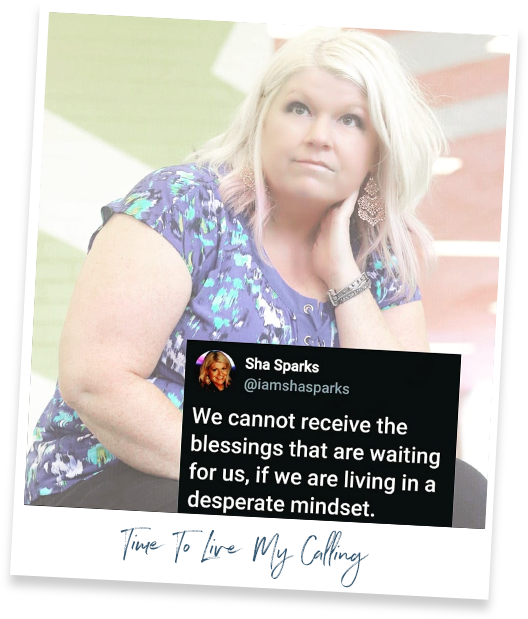
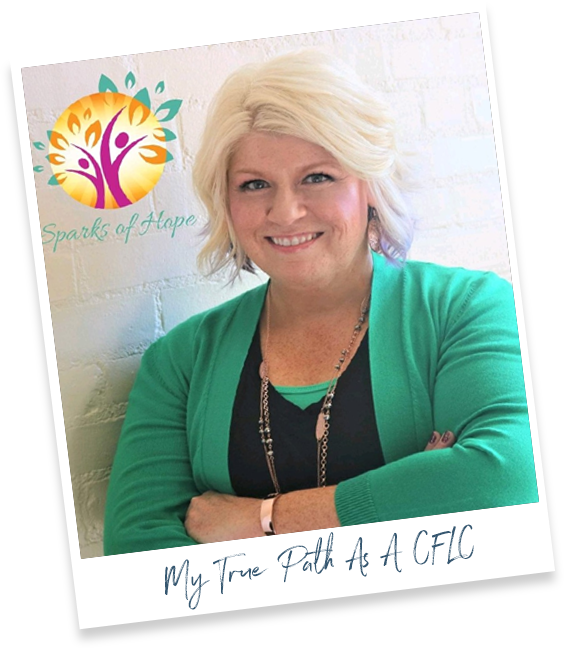
Sha discovered how to be more than a “cheerleader.” She learned how to use the 8 Coaching Skills and Wheel of Fear to help clients transform their lives.
Sha’s clients got fantastic results — including one who was suicidal until Sha worked with her.
Sha has since launched a podcast and a Facebook show so she can help even more people.
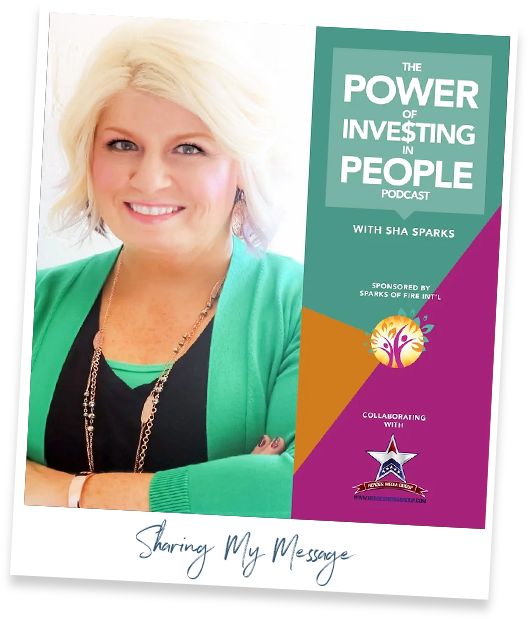
Sha had been a hairstylist for 20 years.
Her job took a toll on her body. She knew it was only a matter of time until her shoulder blew out, and she wouldn’t be able to cut hair anymore.
So Sha started to look for a new career.
She knew she wanted to be a Life Coach because she loves to listen to people and give advice. Her clients even told her she’d make a great Life Coach.
On top of that, Sha spent years in an abusive relationship. After a lot of counseling and working on herself, she repaired the damage from that time in her life.
Sha knew the knowledge she gained from that experience could help others. She wanted to become a Life Coach so she could help people in the same situation she was in. As she says:
“I have a gift that I can give others from my own experiences and being able to share the wisdom that I learned.”
Rhonda’s Life Coaching Certification Program was more intense than Sha expected.
The program wasn’t just about learning coaching questions, or pumping clients up with inspiration.
Instead, Sha learned how to work through her own problems. And she learned how to help others work through their issues at the same time.
For example, one of the key strategies Sha learned was The Wheel of Fear. This is a special method to uncover the ways fear holds someone back from a fulfilling life.
Through LCCP, Sha discovered all the ways fear ran her life — how it caused her to beat herself up, overeat, and feel worthless. Then she discovered how to break free from her fears. As a result, she was no longer consumed by negative feelings and self-destructive behaviors.
Sha then learned how to help her clients make the same transformation. For example, she used The Wheel of Fear to help one woman improve her dating life.
Sha helped her see how fear caused her to be controlling. And this woman saw how she was ruining relationships by trying to control everything.
Sha then showed this woman how to avoid this pattern. Her dating life improved immediately. So did her relationships with her children, co-workers, and even herself.
“The program was more fulfilling than I expected. It’s set up so that you get coaching on yourself first, and then you turn around and coach other people.”
Sha learned many more skills and tools for becoming an effective Life Coach.
For example, she learned the “Questions Technique” to turn her statements into questions. This helped Sha’s clients see their problems in a new light. And it allowed them to come up with solutions on their own.
Sha also learned how to speak to actions instead of stories. This is one of the 8 Core Life Coaching Skills taught inside LCCP. It’s critical to help people avoid fear, stress, and disappointment.
Using all this, Sha guided her clients to find answers to their problems. This led to much better results than merely being a “cheerleader.” Because Sha created an internal shift for her clients that made it easier for them to take the actions they needed to improve their lives.
“Rhonda has a system of questions, so the client comes up with the answer instead of you giving it to them. It’s a unique way of coaching… it gives them more of an “Ah-ha!” moment they can learn from…
Without that “Ah-ha” moment, the information you give them may not click.”
The Life Coaching Certification Program gave Sha real clients to practice on. She was also given a mentor who coached her through the entire program.
Sha and her mentor would meet twice a month over the phone. There, they would go over a recording of Sha coaching clients. The mentor would then point out ways Sha could improve her coaching methods.
For example, Sha’s mentor taught her how to listen to what her clients weren’t saying — and how to use that to uncover the hidden assumptions, beliefs, and stories running their lives.
This support and real-life experience helped Sha develop her skills fast. And it made Sha’s journey a lot more fun.
“My mentor is amazing…to have this loving, supportive, compassionate person to lean on whenever I needed him… was instrumental.”
A few months into the program, Sha had a huge setback.
Her father passed away. And she struggled with the grief from losing him.
During this time, she was thankful to have the support of the LCCP community.
Her mentor reached out to her regularly. And the other members were as loving and supportive as her own friends.
Sha continues to be grateful that she can turn to the LCCP community for support anytime she needs it.
“It was an amazing feeling to be loved and supported…
…Even though I’m done with the program, I am one call, one text, one Facebook post on the LCCP group away… and I could have 5 phone calls by the end of the day to have someone to support me. Where else can you get that?”
Because Sha developed the skills to be a great Life Coach — and she wasn’t just a “cheerleader” — she got great results for her clients.
For example, one of Sha’s clients had severe anxiety after her father committed suicide.
One day, Sha’s client locked herself in the closet with the gun. Then she called Sha.
Because of her training, Sha knew this wasn’t the time to be a cheerleader. Instead, she let the client vent. Then she reassured her client that her father’s suicide wasn’t her fault.
Using the skills, tools, and strategies from LCCP, Sha helped her client through this difficult time.
“She used to turn to drugs and alcohol and other self-destructive behaviors. But instead, she locked herself in the closet with a gun, and she called me…
…It was a sense of relief that I could help another person and save her life just by listening.”
After 9 months, Sha graduated from LCCP.
The clients she got through the program continued to work with her. Because they loved the results they were getting. They even began to refer friends and family to her.
Sha also got clients through networking, podcasting, and releasing a book.
Since she kept getting great results, she raised her rates. She used to charge $75/hour but now her rates are much higher.

“I got clients from referrals and networking events. I’d talk about my podcast, and people would say ‘Yes, I want my son to come see you’ or ‘I want my daughter to talk to you.”
Sha is still a full-time hairdresser. Life coaching is a side-business — but she’s looking to take this business to the next level.
She realized many of her clients were military veterans who struggle to transition to civilian life. So she is creating a program specifically designed to help them.
And she recently launched Facebook Live show called “Hey, Sha, What Do I Say?” On it, she gives advice on how to handle difficult conversations.
This show lets Sha help more people. And because she learned so many tools and strategies through LCCP, she has loads of actionable tips to share that can help people improve their lives.
“[My Facebook show] is like the old “Dear Abby” advice column but in a way that’s helping the masses… it allows someone to be anonymous and share their heartfelt hurt… and [I] talk about a proactive step they could do.
Before [LLCP], I had 2-3 proactive steps, but now I have a gambit of them.”
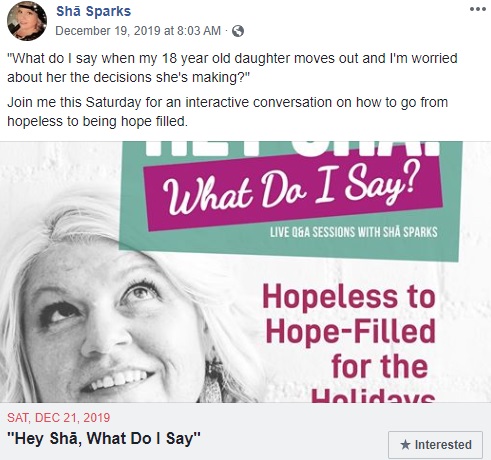
One unexpected benefit Sha got from LCCP was how much it helped her personal relationships.
Sha is no longer afraid to open up and be vulnerable.
When people talk to her, she’s present and holds space for them — she’s not worried about what she’ll say next.
She also sets boundaries and takes care of herself. And she no longer lets people walk all over her.
“Since [LCCP] my relationship with my friends is so much deeper. I can be vulnerable in a different way. And I can hold space for someone else to be vulnerable.”

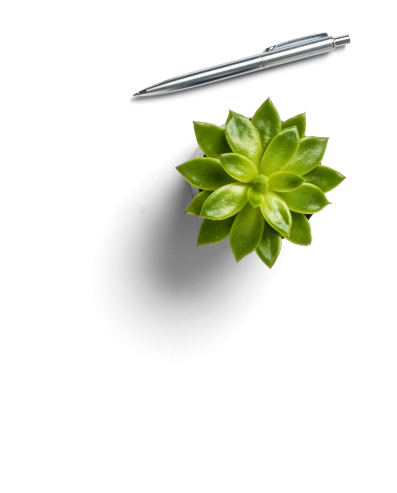
LCCP helped Sha go beyond being a “cheerleader.” It gave her the skills, support, and experience to be a great Life Coach. Because of that, she makes a huge impact on people’s lives doing work she loves.
If you want to follow a similar path, Rhonda Britten’s Life Coaching Certification Program is for you.
Over the past two decades, thousands of people have gone through this program. It only opens once or twice a year. If you’re interested, click the button below to see if this program is for you.
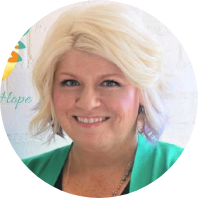
CFLC, CFT
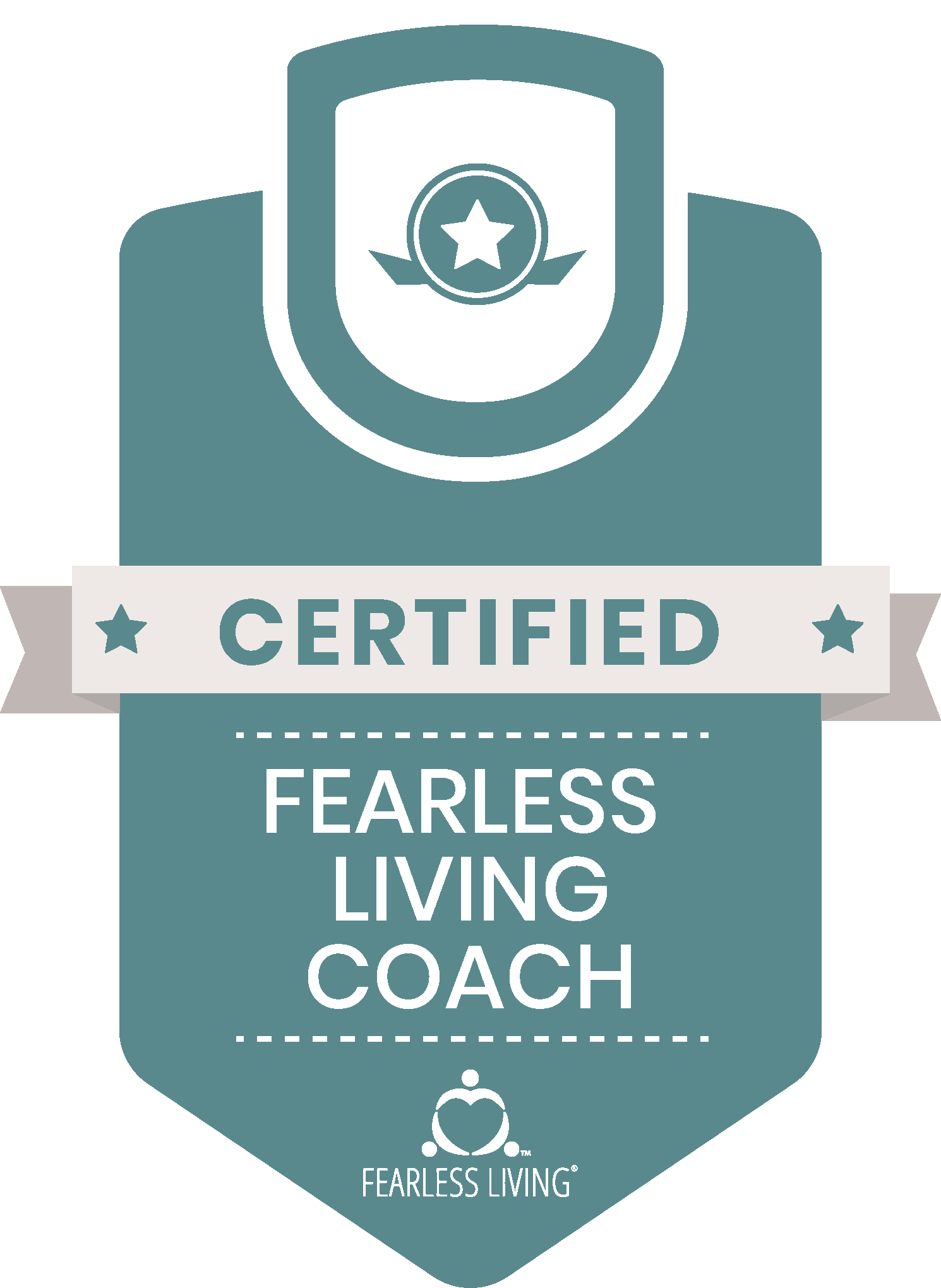
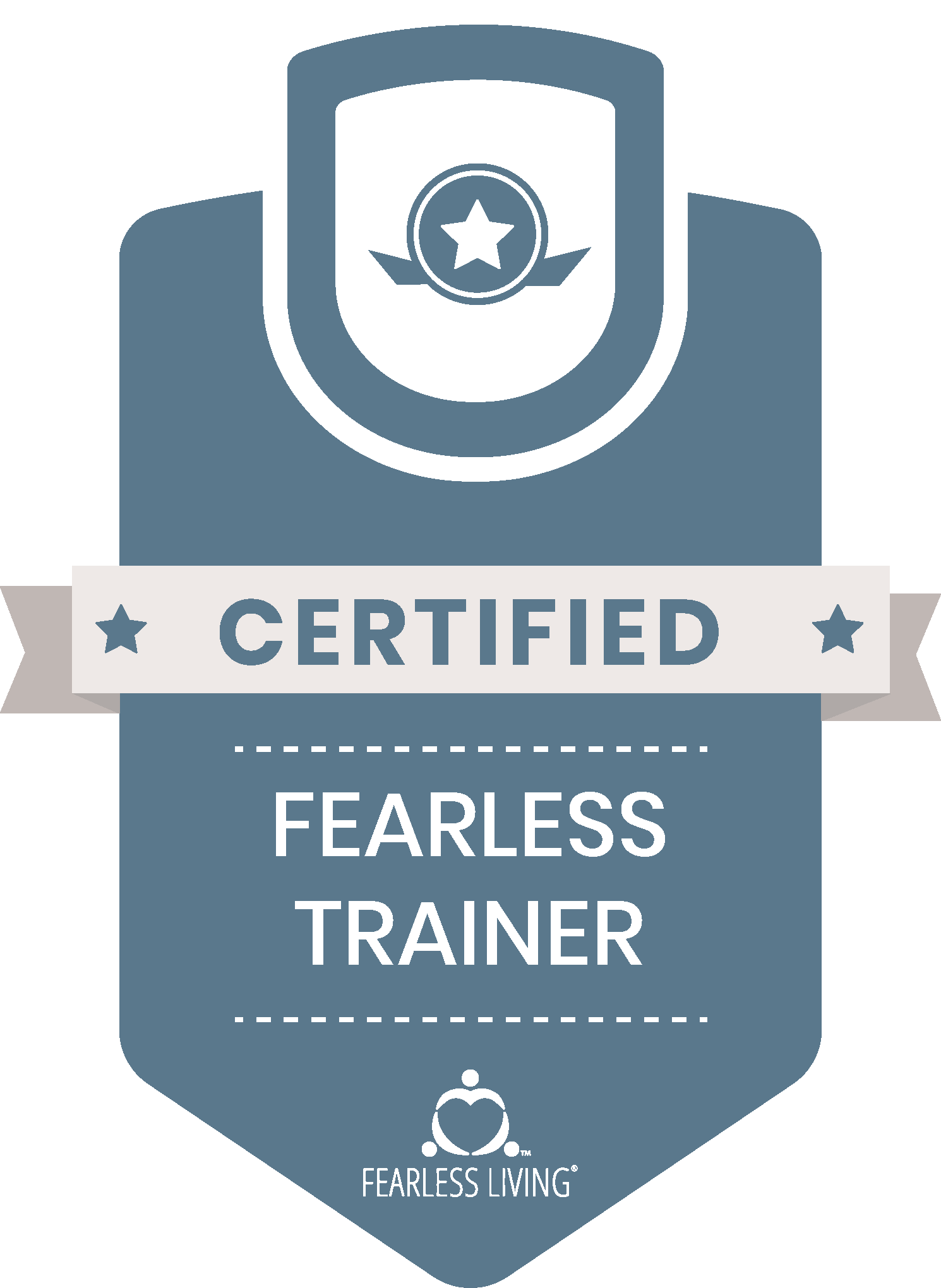

You can watch Sha full interview with a member of the Fearless Living team below. In it, you’ll discover:
How the other personal development work Sha did helped her get even more out of LCCP
What Sha did when all her clients ended their work with her at once
Sha’s Facebook show: “Hey Sha, what do I say?”

If you're ready to reboot your career or create a legacy that impacts thousands, or you've been called to do something more.... Then it's time to give yourself the skills, the support, and the structure to become the Coach everyone wants!
We are called the "Ivy League of Coaching" because we're the only program in the world specializing in fear, the only thing that truly stops anyone. Plus, we provide an extraordinary level of support, more than any other certification program.
Check out this overview:
Build Your Toolbox: Time-proven proprietary coaching method includes 12 Coaching Session Templates
Grow Your Skills: Embody our 8 Coaching Skills so that you can coach anyone, anywhere, at any time, about anything!
Own Your Business: Learn how to coach individuals, groups and give talks to prospective clients



Many of our graduates say they feel more supported than at any other time in their life. So why do we surround you with so much support?
We fundamentally believe that "no one can be fearless alone;" When you feel supported, you will be able to dig deeper, integrate faster, and build confidence sooner than without it.
Here are just a few ways we love you up and hold you tight:
18 Mentor One-on-One Coaching Sessions
Meet up with other students in your Power Team
Invitation to meet our Community at our annual Coaches Retreat
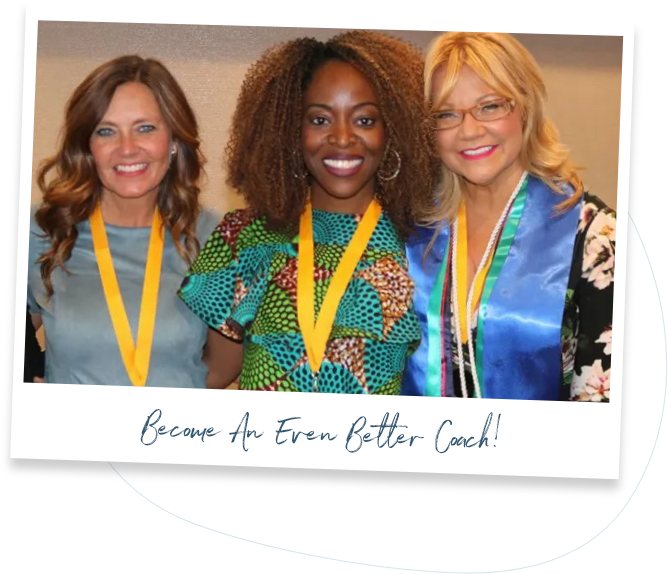

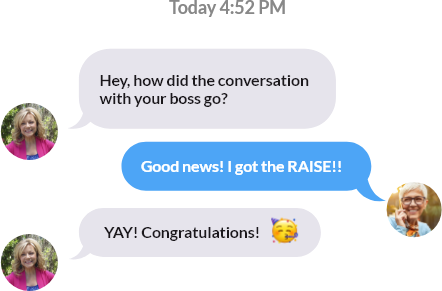
“Are you ready to leap towards a life that you love? Well, you’re in the right place!”

Founder, Fearless Living Institute


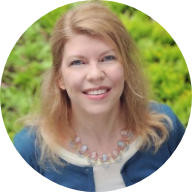
Master Certified Fealess Living Coach
LCCP Mentor Coach
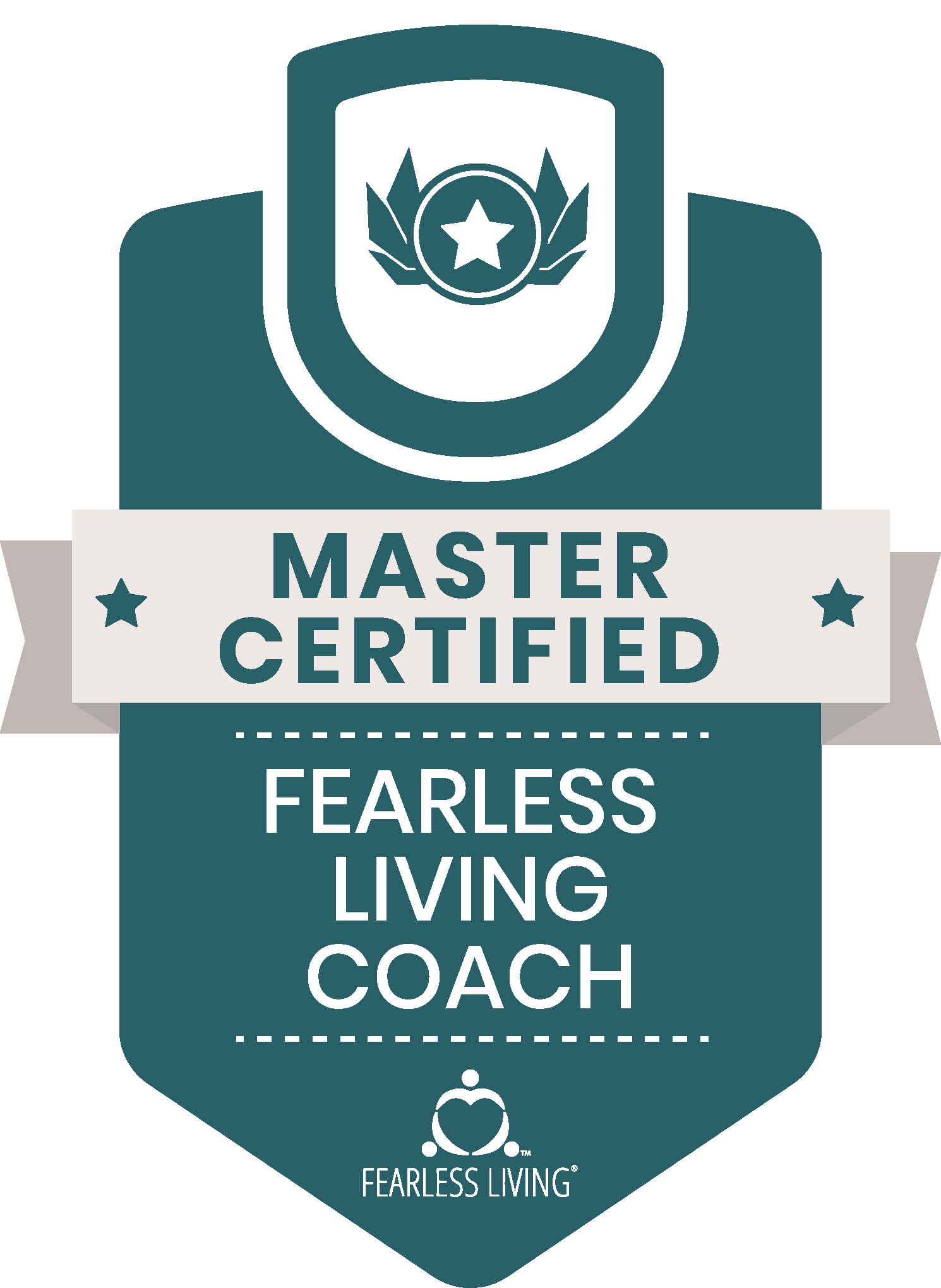
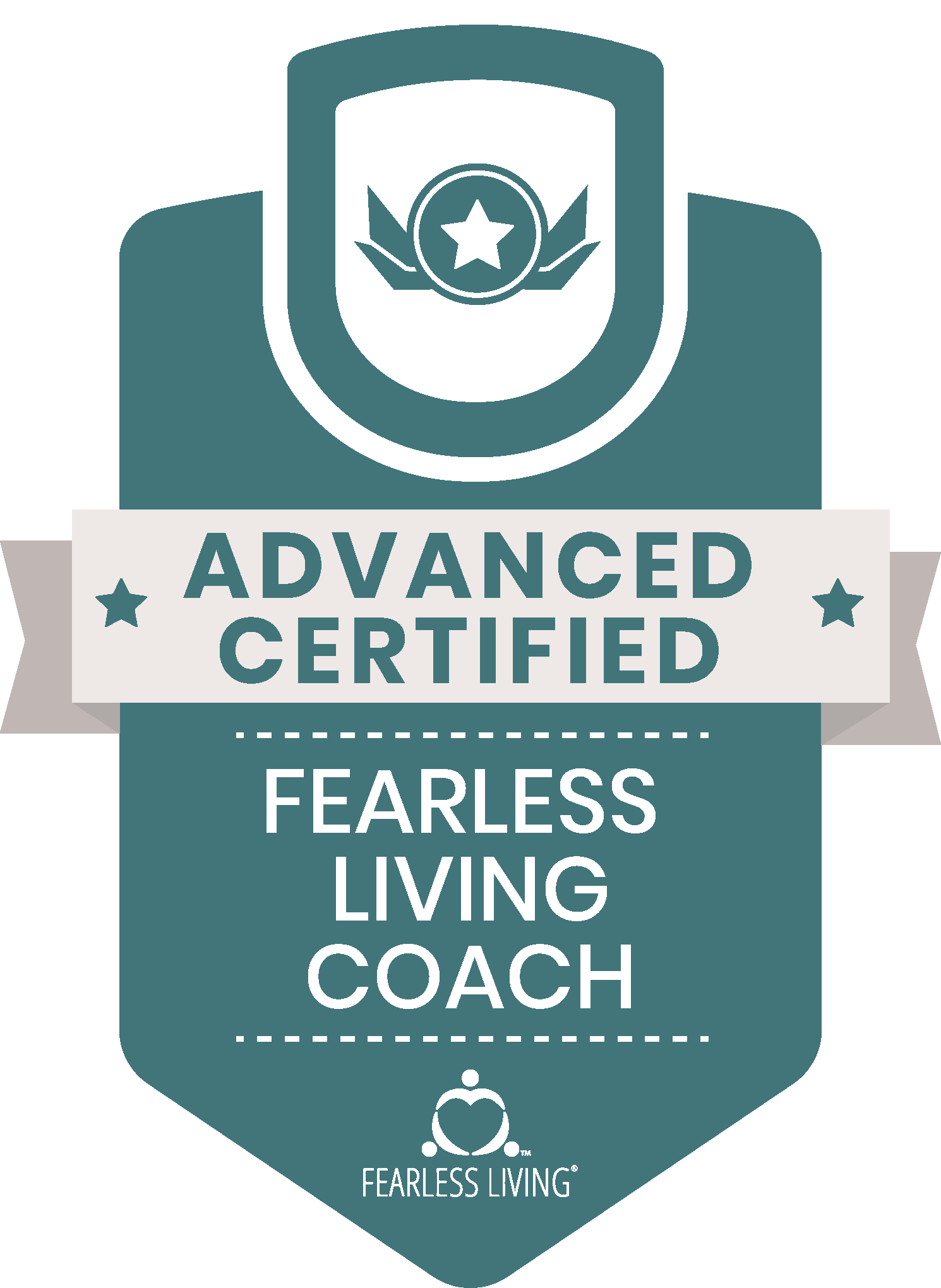

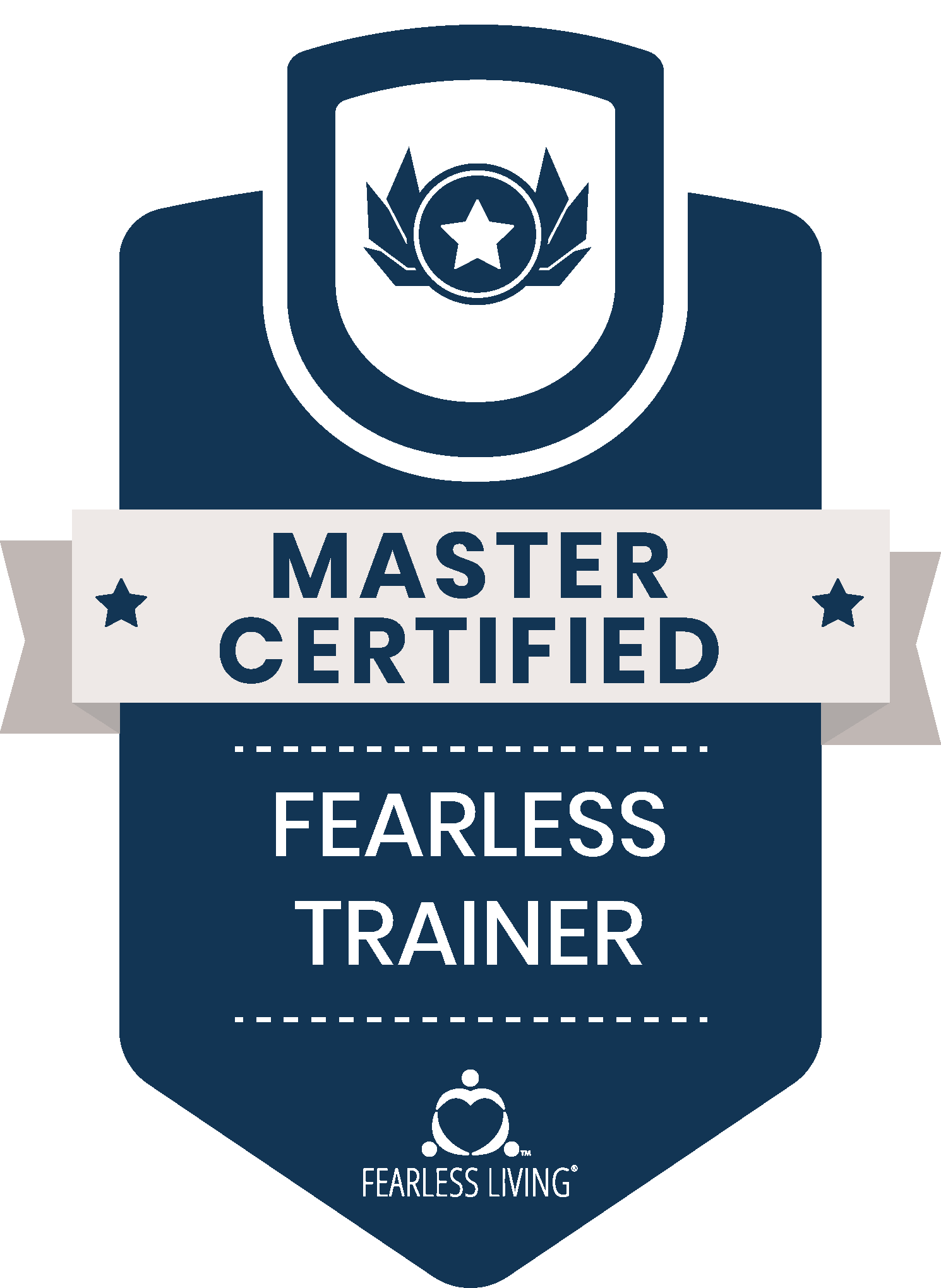
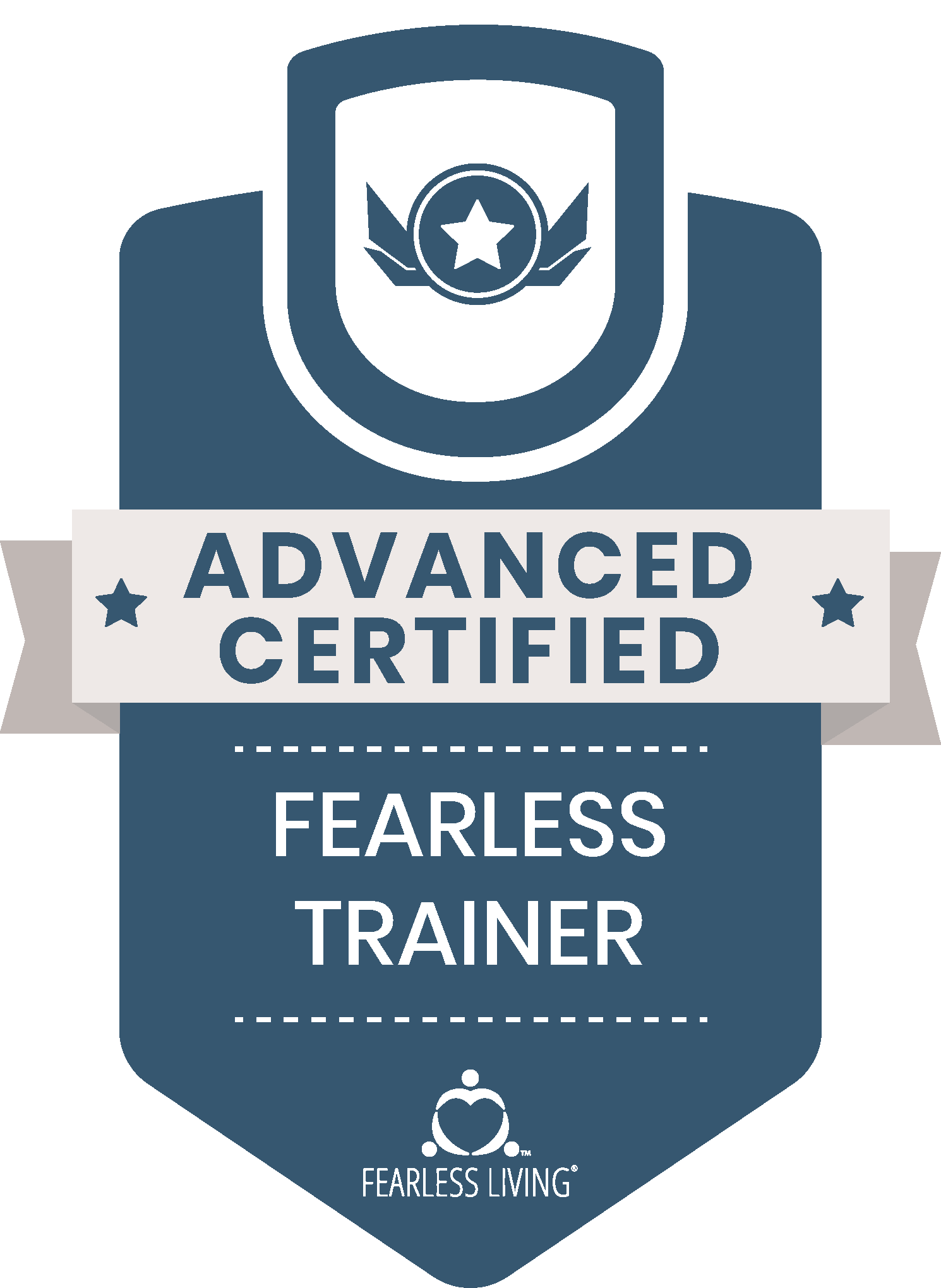

Your past does not dictate your future. Who you’ve been has little to do with who you’re becoming. Your journey to be the Life Coach everybody wants starts by clicking the button below to gain access to our free video series!
We can't wait for you to join our Coach Community.